All imaginable futures are not equally possible
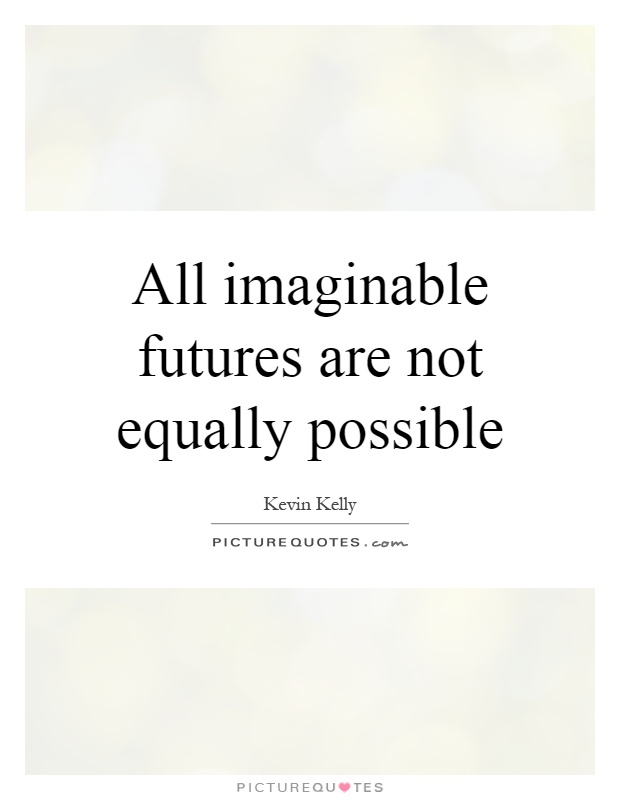
All imaginable futures are not equally possible
In the realm of futurism, Kevin Kelly is a prominent figure known for his insightful perspectives on technology, society, and the future. One of the key ideas that Kelly often emphasizes is that "all imaginable futures are not equally possible." This concept challenges the common assumption that the future is a blank canvas on which any scenario can unfold. Instead, Kelly argues that the future is shaped by a complex interplay of factors that make some outcomes more likely than others.One of the reasons why all imaginable futures are not equally possible, according to Kelly, is the influence of technological trends. As a co-founder of Wired magazine and a leading thinker in the tech industry, Kelly has a deep understanding of how technology shapes our world. He believes that technological advancements follow a certain trajectory based on the laws of physics, economics, and human behavior. This means that while we can imagine a wide range of possible futures, only those that align with the current trajectory of technological development are likely to come to fruition.
Another factor that influences the likelihood of different futures is the social and cultural context in which they are imagined. Kelly argues that human societies have certain patterns and tendencies that shape the direction of their development. For example, the rise of social media and the sharing economy in recent years can be seen as a reflection of our desire for connection and collaboration. In this sense, the future is not a random assortment of possibilities, but rather a reflection of our collective values, beliefs, and aspirations.
Moreover, Kelly emphasizes the role of individual agency in shaping the future. While there are many external forces that influence the course of history, he believes that individuals have the power to make choices that can steer us towards one future or another. By being aware of the potential consequences of our actions and making informed decisions, we can help create a future that aligns with our values and goals.
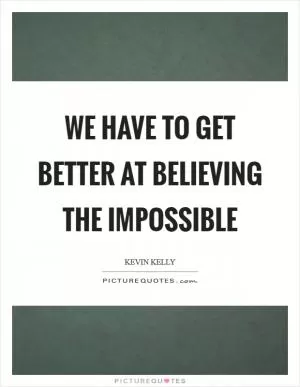
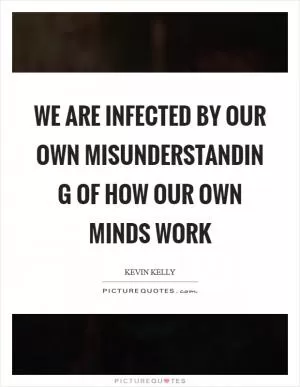
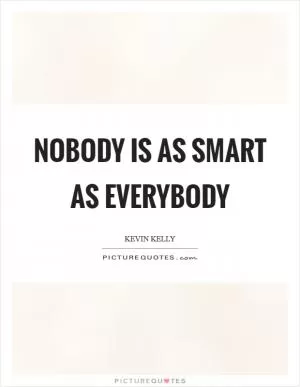
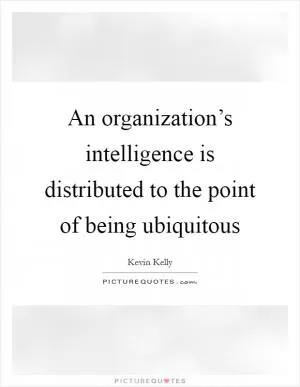
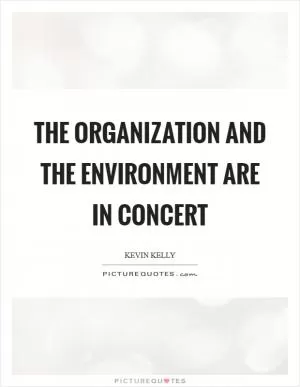
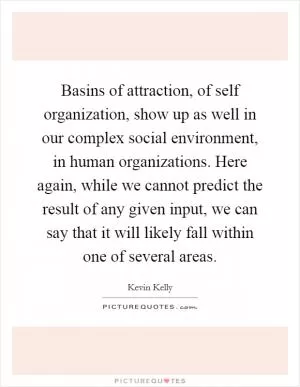

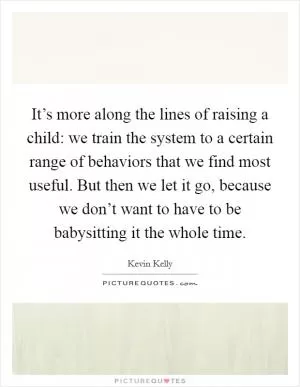
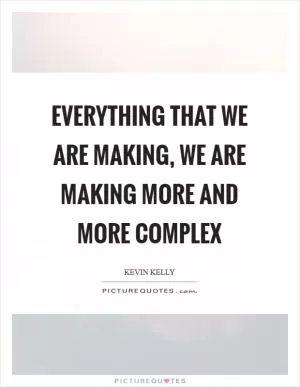
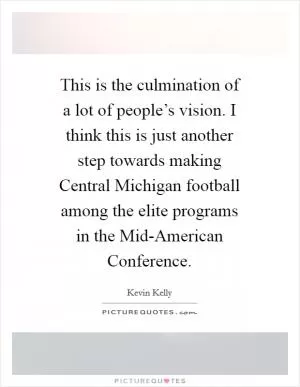
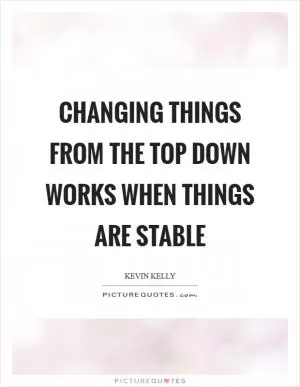

 Friendship Quotes
Friendship Quotes Love Quotes
Love Quotes Life Quotes
Life Quotes Funny Quotes
Funny Quotes Motivational Quotes
Motivational Quotes Inspirational Quotes
Inspirational Quotes